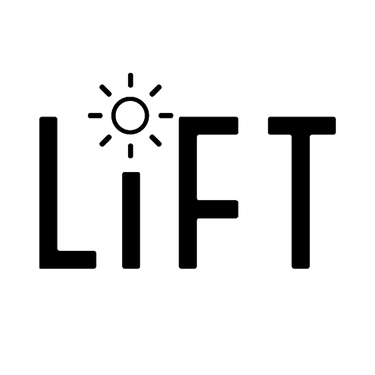Ireland’s E-Liquid Tax Takes Effect Nov. 1: What It Means for Vapers and the Future of Disposable
Vapers in Ireland are about to face major changes as the government introduces a new E-Liquid Products Tax (EPT) on November 1, 2025. With prices of e-liquids and disposable vapes set to rise sharply, and future restrictions already on the horizon, this move is being seen as one of the most aggressive anti-vaping measures in Europe. In this post, Dragon Vape breaks down what the new vape tax means, how it compares to other regions, and what’s coming next for vapers.
Ireland Introduces a Steep Vape Tax
Ireland will apply a tax of €0.50 per milliliter on all e-liquids, whether nicotine-free or nicotine-based. For vapers using open pod systems or refillable devices, this means the price of a 10mL e-liquid bottle currently the EU’s maximum legal size will effectively double. The impact will also hit disposable vapes and prefilled pod kits, as prices are expected to rise significantly across the board. Compared to other EU countries, this places Ireland among the highest-taxed vaping markets, second only to Montenegro’s €0.90/mL levy.
Government’s Justification – Youth Vaping and Health Risks
Irish health officials argue that the vape tax is designed to reduce youth vaping. Health Minister Jennifer Carroll MacNeill has emphasized that nicotine is addictive and the long-term effects of vaping remain unclear. Alongside the tax, the government has also announced upcoming restrictions including flavour bans, packaging rules, retail display limitations, and a full ban on disposable vapes. While promoted as a way to “protect kids,” critics argue the measures will also punish adult vapers who rely on e-liquid and nicotine salts as alternatives to smoking.
Impact on Vapers and the Vape Industry
The EPT is part of Ireland’s broader 2025 budget plan, expected to reshape the vaping market dramatically. For retailers and vape shops, compliance means registering with tax authorities and filing monthly payments. For consumers, the changes will likely lead to price hikes that push some towards online vape shops in other regions or even back to cigarettes. As seen in Canada, where nicotine e-liquid regulations and flavour restrictions have shifted buying habits, high taxes may encourage vapers to seek cheaper alternatives abroad. Many industry advocates argue that this could hurt small vape businesses while doing little to reduce smoking rates.
Conclusion:
With Ireland’s e-liquid tax taking effect November 1 and further restrictions looming, the future of vaping in the country looks uncertain. For Canadian vapers, this development serves as a reminder of how quickly vaping laws can change worldwide. At Dragon Vape, we remain committed to offering Canadian customers access to high-quality e-liquids, nicotine salts, and pod vapes at competitive prices. Stay tuned to our blog for the latest updates on vape regulations, disposable vape bans, and e-liquid industry news.



